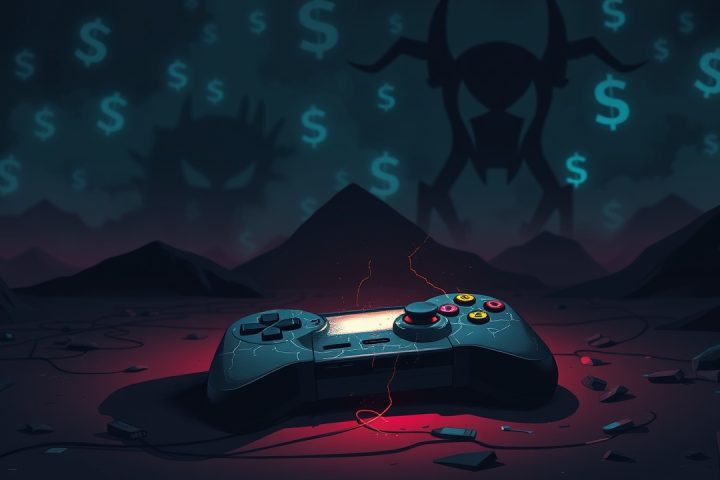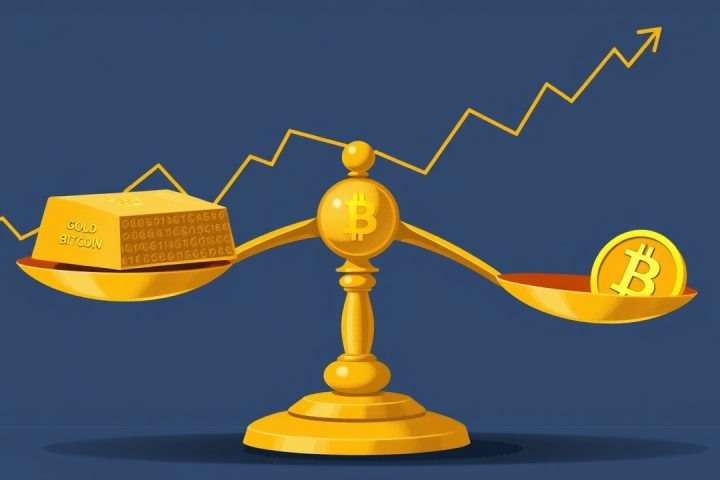Nick Szabo on AI and Precious Metals
Nick Szabo, recognized as a pioneer in the concept of digital scarcity, has made a provocative claim regarding the intersection of artificial intelligence (AI) and precious metals. He argues that AI could transform gold from a sought-after asset into something that is easier to obtain, while simultaneously strengthening Bitcoin’s position in the financial ecosystem.
The Impact of AI on Gold
Szabo posits that as AI technology evolves, it will enhance production efficiency across various sectors, leading to an increase in the supply of goods—from consumer products to currency production, and even in the extraction of metals traditionally regarded as scarce.
This technological revolution may result in widespread retail deflation, as banks—regardless of whether they are managed by human or artificial intelligence—tend to expand the availability of fiat currencies. Szabo specifically mentions the possibility of robotic mining equipment significantly boosting the production of gold, undermining its historical significance as a stable store of value.
In essence, as the supply of gold becomes more flexible through automated processes, its inherent value might diminish, and technology could outweigh the traditional notion of scarcity associated with the metal.
Bitcoin’s Resilience
Conversely, Szabo underscores Bitcoin’s unique position, asserting that its limited supply—capped at 21 million coins—remains intact, regardless of the advances in AI or robotics that may increase the extraction or production of other commodities. This fixed supply grants Bitcoin resilience against inflationary pressures, distinguishing it from gold and fiat currencies.
The Future of Bitcoin in an Automated World
While there are opinions suggesting that Bitcoin is beginning to behave like a technology stock, Szabo reframes this volatility as a natural phase within its maturation process. Initially, early adopters may contribute to price fluctuations and speculative behaviors, but over time, he believes that Bitcoin’s authentic qualities as a long-term store of value will become evident.
Ultimately, it is conceivable that AI systems could adopt Bitcoin for transactions in the future, favoring this digital currency over traditional assets like gold bars. In this future scenario, the AI will rely on a system governed by code that cannot be manipulated, further highlighting Bitcoin’s potential as the preferred currency of an automated world.




